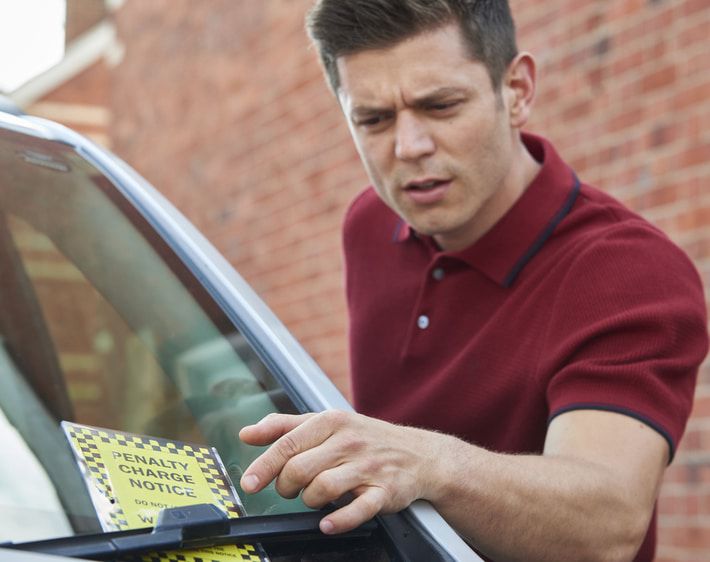Ever wondered what would happen if you put the wrong kind of fuel in your car, like diesel in a gas car or gas in a diesel engine? Maybe it’s already happened to you once before, and you learned this lesson the hard way (don’t feel bad, it happens more often than you think!). Either way, putting the wrong fuel in your vehicle can be a costly headache that's best avoided altogether. Here’s why you should never put diesel in a gas engine.
What Happens If You Put Diesel in a Gas Car?
The first thing you should know is that there are safeguards against putting the wrong kind of fuel in your tank. The nozzles on diesel fuel pumps are bigger than unleaded gas nozzles, so it’s unlikely a diesel fuel nozzle will even fit into your gas tank. What’s more, diesel fuel is usually marked by a bright green — sometimes yellow — color on the pump’s handle to make sure you don’t accidentally mix up the pumps.
If somehow you’ve managed to bypass these preventative measures, a few things can happen after you fill your gasoline tank with diesel fuel. You might make it a few miles down the road, depending on how much gasoline you had left in your tank. Once the excess gas in the fuel lines is used up, though, your engine can shut off, and you’ll be stranded. That’s because gasoline engines cannot easily combust diesel fuel. Since diesel fuel is very low in octane, depending on the amount of contamination, the engine may run rough or start knocking.
At that point, your best bet is to call a roadside assistance service to get towed to a nearby auto shop. There, the fuel system can be drained and cleaned. This involves emptying the gas tank, flushing the fuel lines, rail, and injectors, and replacing fuel filters.
The good news is that the draining and cleaning process isn’t particularly difficult to do, and it’s unlikely that you’ll have any permanent damage to the injectors or other parts. The bad news is that it can be a pricier procedure, mostly because it's a time-consuming process.
On the other hand, let’s say that instead of getting stranded on the side of the road, you notice your mistake midway through filling your car with diesel. In this case, it’s better not to start your vehicle at all. Avoid cranking the engine (or even turning the key to the “on” position) to keep the diesel from traveling farther into your fuel system. Instead, get towed directly from the gas station to the auto shop — but don’t delay!
What Happens If You Put Gas in a Diesel Engine?
Let's reverse the situation: you drive a diesel vehicle, and you’ve accidentally filled your tank with unleaded gasoline. If you realize the mistake with a very small amount of gasoline in the tank, you may get away with diluting the gas with more diesel. It won’t be great for your car — and it’s undoubtedly not fuel efficient — but it wouldn’t be the end of the world, either.
On the other hand, if you’ve filled up your entire diesel tank with gasoline, you’ve got a more severe problem on your hands. Something as simple as turning the key to the “on” position will start circulating fuel to the engine, potentially causing damage to the fuel system. This is because diesel engines combust fuel using high pressure — and since gasoline detonates much too early in high-compression engines, your motor may misfire upon ignition and suffer significant damage. Not only would you need to have the entire fuel system drained and cleaned, but you may also end up spending money on replacing damaged parts.
It Pays to Pay Attention
The bottom line? Pay attention at the pump! Avoiding the simple mistake of using the wrong fuel can save you a lot of money on repairs — and save you from a significant automotive headache. If you’re not sure whether the car you’re driving takes gas or diesel, look for a label on the fuel door or check the owner’s manual.
If you do accidentally fill up with diesel instead of gasoline, don’t panic! Have your car towed to a Firestone Complete Auto Care near you to have our expert technicians drain and clean your fuel system to ensure your vehicle runs as it should.



